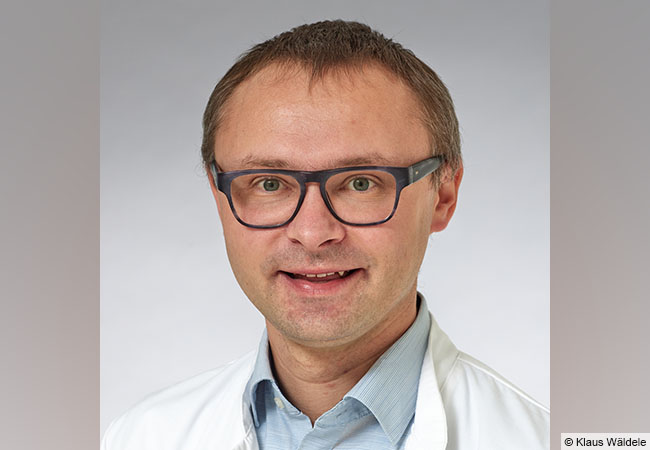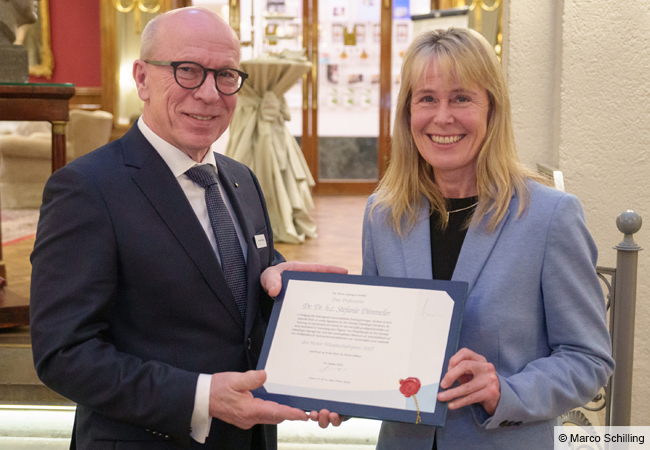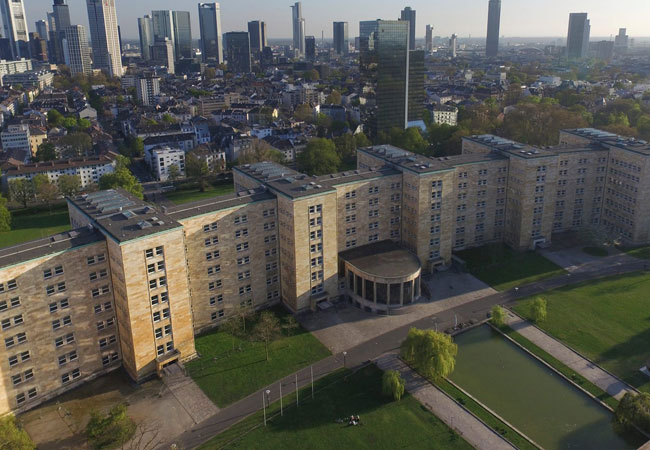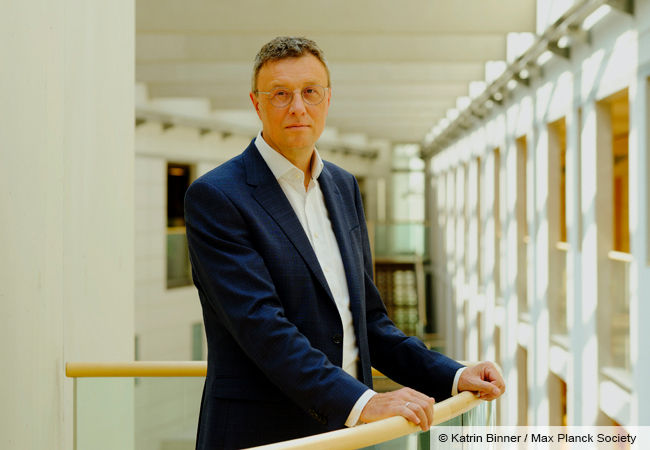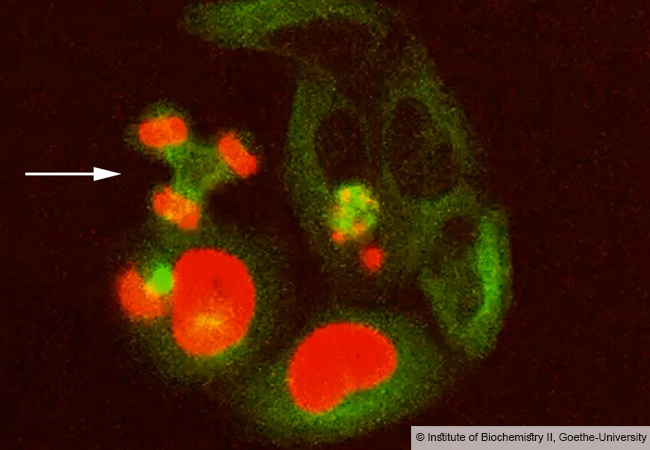The European Union is funding three new projects – Innovative Training Networks (ITN) within the Marie Sklodowska-Curie Programme – for structured doctoral training at Goethe University Frankfurt. Such projects are very attractive for universities because they are open to all scientific topics and focus on basic research.
For the CLOUD-MOTION project coordinated by atmospheric researcher Professor Joachim Curtius, Goethe University Frankfurt has been awarded funding of € 500,000. This is a follow-up project from two previous doctoral researcher networks successfully coordinated by Professor Curtius since 2008.
In CLOUD-MOTION, doctoral researchers at 10 European institutions will investigate cloud formation from aerosols and ice particles in the atmosphere and their influence on the climate. A key focus is the comparison of intact areas of the atmosphere with those polluted as a result of human activities. Research work is based on experiments in a “cloud chamber” at CERN, the European Organization for Nuclear Research, in which different situations in the atmosphere can be simulated under laboratory conditions.
The ViBrANT Network, of which Goethe University Frankfurt is a member, is an interdisciplinary team of European infection researchers leading in their field worldwide. The network is working together for a better understanding of how viruses and bacteria attach to host cells. This will form the basis for developing highly specific diagnostic procedures, whereby one of the main priorities is the development of new diagnostic detection methods for multi-resistant pathogens. The 15 doctoral researchers will become acquainted with universities and industrial partners in seven European countries during their training and this will teach them how to convert findings from basic research as rapidly as possible into usable technologies that benefit patients with infectious diseases. € 500,000 have been made available for doctoral researchers at Goethe University Frankfurt.
Goethe University Frankfurt is also involved in the UbiCODE doctoral network, which is searching for new diagnostic markers and drug targets in the ubiquitin system. This small protein found throughout the body forms unexpectedly diverse and complex chains. The contribution of these chains to the regulation of protein functions and cellular quality control is, however, far from being fully understood. Malfunctions in this system can lead to diseases such as cancer, neurodegeneration, inflammatory conditions and multiple infections. Goethe University Frankfurt’s share of the funding is € 250,000.
With the approval of the three new ITNs, the University is continuing it success of the past years in this funding line. In 2016, five new projects started work. 18 ITNs are currently underway at Goethe University Frankfurt.
Further information: CLOUD-MOTION: Prof. Dr. Joachim Curtius, Department of Atmospheric and Environmental Sciences, Faculty of Geosciences and Geography, Riedberg Campus, Tel.: +49 (0) 69 798 40258, curtius@iau.uni-frankfurt.de
ViBrANT: Prof. Dr. Volkhard Kempf, Institute of Medical Microbiology and Infection Control, Faculty of Medicine, Niederrad Campus, Tel.: +49 (0) 69 6301-5019, volkhard.kempf@kgu.de
UbiCODE: Prof. Dr. Ivan Dikic, Dr. Kerstin Koch, Institute of Biochemistry II, Faculty of Medicine, Niederrad Campus, Tel.: +49 (0)69 6301-84250, K.Koch@em.uni-frankfurt.de
Source: Press Release 23/06/17


